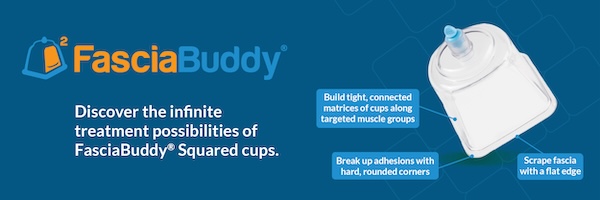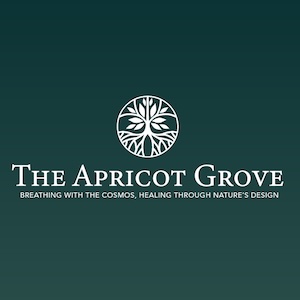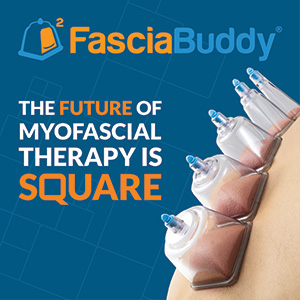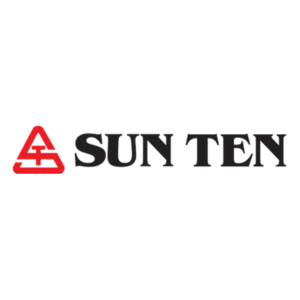How we think influences what we do. The models and frameworks we use to understand not just our medicine, but the world itself, opens or limits the options we can offer our patients for treatment. While the Venn Diagrams of East Asian and Western medicine share some overlap, at their core they are rooted in very different world views. Which in turn influences how we might be able to help our patients.
In this conversation, with Brenda Hood we investigate the need for a distinction between East Asian medicine and Western medicine in practice, the importance of thinking about Chinese medicine in its own terms, and the failures that arise from mingling Western medical thinking into East Asian diagnostics and practice.
Listen into this discussion on Eastern and Western philosophy and how that shapes not just our practices, but the future of East Asian medicine.
In This Conversation We Discuss:
- Brenda’s experience and insight on the state of TCM education in China
- The issue of defining Chinese Medicine based on Western Medicine
- The limitations of language
- Fluency in Chinese medicine within its own sphere.
- Training your perceptions: Excess Vs Deficiency
- Chinese medicine theories as filters/mental constructs rather than absolute truths
- Right, wrong, and value judgement in Chinese medicine
- The relationship between space and spirit: The infusion of spirit exists within the spaces in the body
- Can our intention to help people get in the way of us actually helping people?
- The research gap in Chinese medicine and the issue of using a Western model to research Chinese medicine.
- Thinking about Chinese medicine in its own terms
When diagnosing, find your center and remember your Chinese medicine roots: don’t let the patient lead you down the garden path with their stories, interpretations or diagnoses from others. It is vital to listen to them. but the best diagnostic information may not be what they tell you. When a patient says I have a diagnosis of diabetes, it does not automatically mean treat the Spleen. Look to all the other pieces of information they offer with their presence and make your diagnosis from all the available information. Treat the chief complaint as the end result of underlying disruptions in the Qi dynamic and solve those: the symptom will take care of itself.
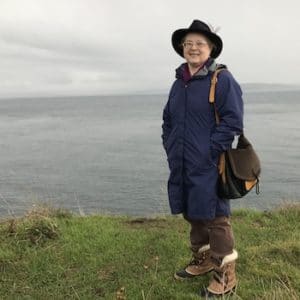 I was born and raised in Peace River, Canada. Then wound up going to China to study Chinese medicine after I became disillusioned with a degree in psychology. I spent over twenty years there being completely enamored with the medicine and acquiring a few degrees. After returning to North America spent some years teaching Foundations of CM and other basic courses at NUNM. I’m back up in Canada now working on a foundations book to explain the energetic and philosophical bases of the medicine with an eye to using the classics and historical texts as my sources.
I was born and raised in Peace River, Canada. Then wound up going to China to study Chinese medicine after I became disillusioned with a degree in psychology. I spent over twenty years there being completely enamored with the medicine and acquiring a few degrees. After returning to North America spent some years teaching Foundations of CM and other basic courses at NUNM. I’m back up in Canada now working on a foundations book to explain the energetic and philosophical bases of the medicine with an eye to using the classics and historical texts as my sources.
Clinically, I started out using the TCM system, but I couldn’t really get it to work like I thought it should. I stepped out of CM academia and spent a lot of time with “folk practitioners” and cultivators. There are a lot of hidden gems in China though living there and speaking/reading the language was definitely required. Through this, I discovered I could feel and sense the Qi in the channels and eventually began to get a sense of the Qi field of my patients. I learned to manipulate these with herbs and acupuncture to help my patients return to health.
For students of CM medicine, learn to understand the classic texts. Mostly, they don’t say what you think they do. If possible, learn some written Chinese. Find some way to gain an understanding of the principles of abstraction and an opening into the abstract/integrative/creative mind. Most of all participate in your life and be happy. This is the medicine of the Heart whose medium is joy. When there is a quiet joy to what you are doing, it reveals a truth and integrity of being.






